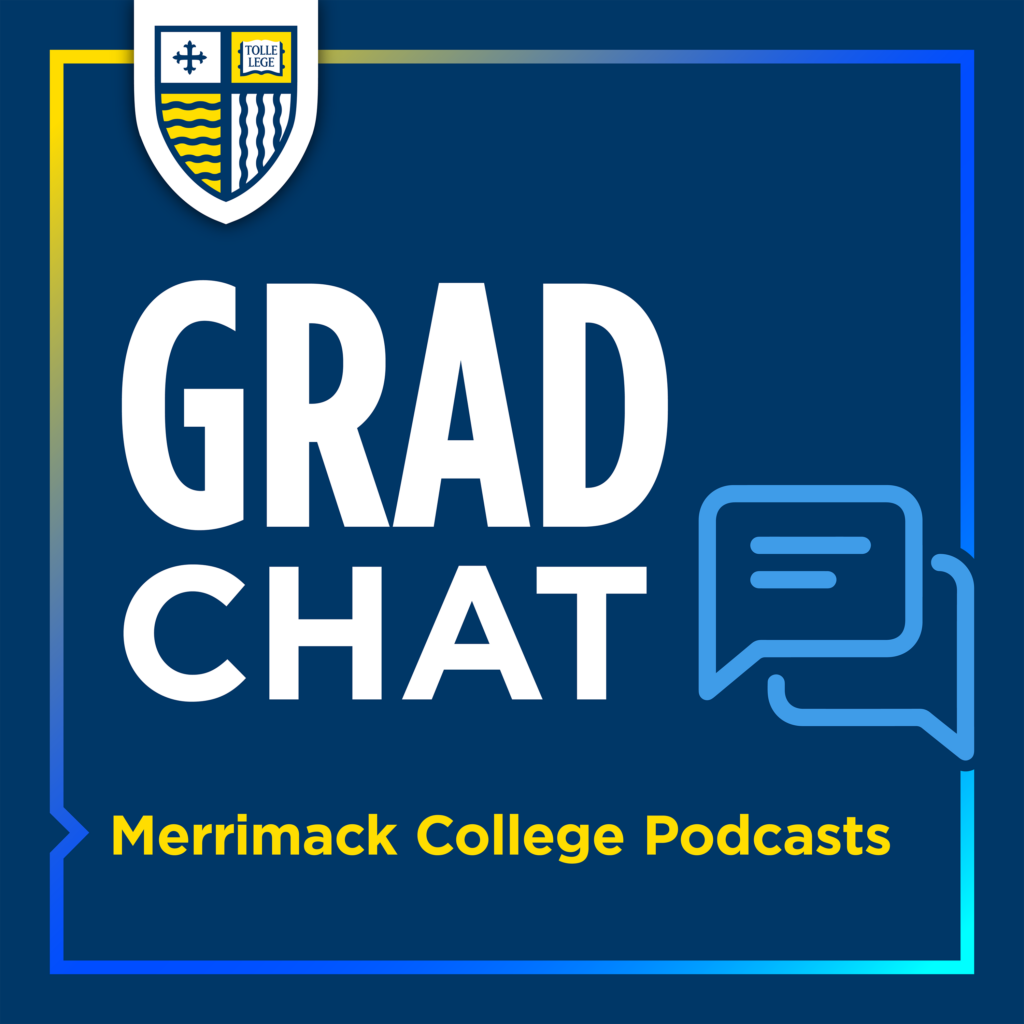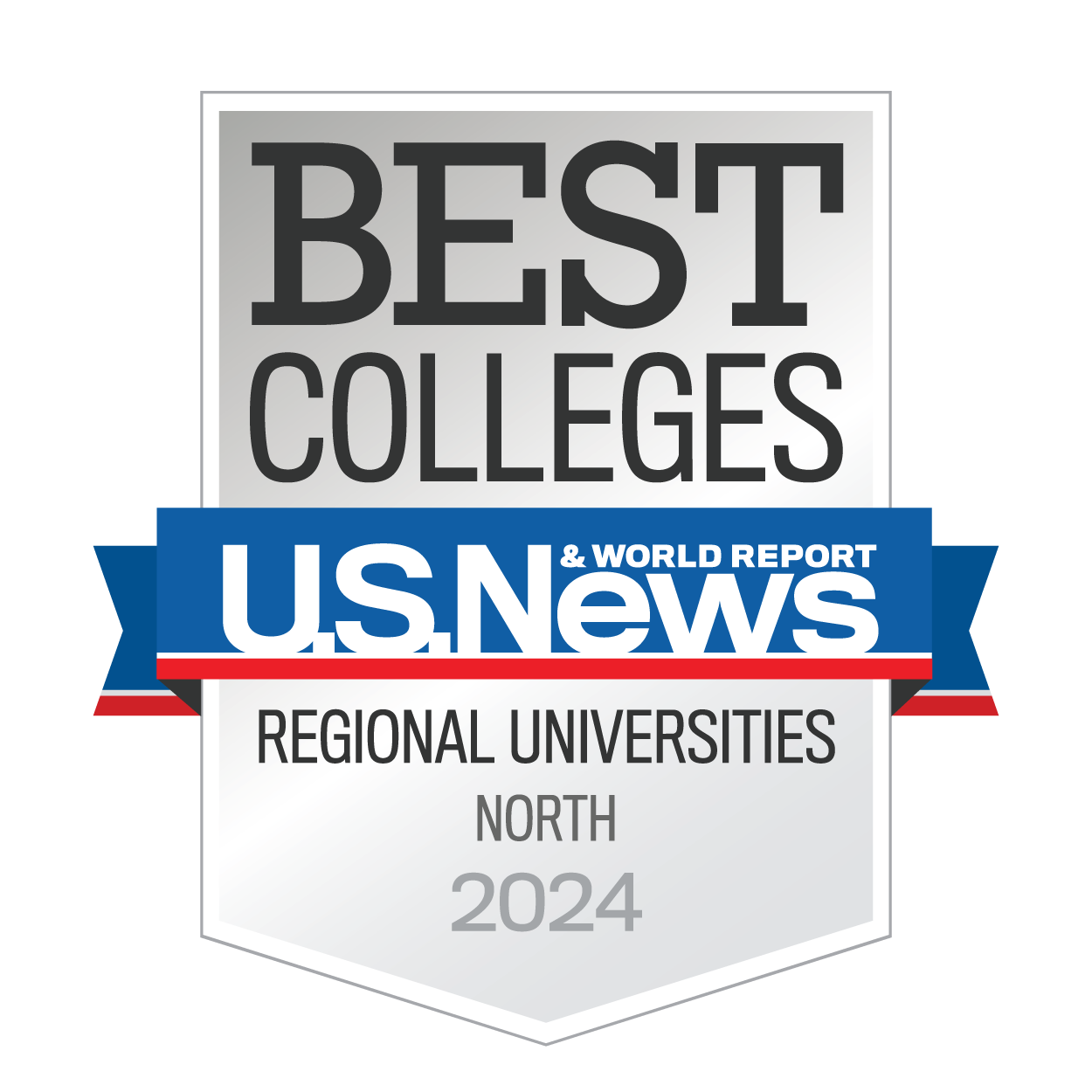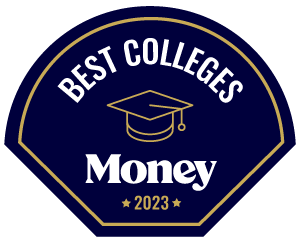Master of Education in Curriculum and Instruction
Earn your M.Ed. in Curriculum and Instruction online to achieve your professional goals as an educator.
A Flexible Master’s in Curriculum and Instruction led by Practicing Faculty Experts
Our 36-credit Curriculum and Instruction M.Ed. program covers an array of education-related topics and situations, including diversity and social justice, special education, and English language learning, all culminating in a self-designed capstone project.
This program is ideal if you:
- have a strong interest in education or are pursuing a career in an education setting that does not require formal licensing or certification
- already hold a teaching license, but want to earn a master’s degree (M.Ed.)
- seek Master’s Plus credit hours (we will work with you to customize your program)
The Curriculum and Instruction program is non-licensure and MTELs are not required for program completion. Please note: The Curriculum and Instruction program does not lead to a Professional License.
Learn more about Merrimack’s M.Ed. in Curriculum and Instruction.
Key features of our Curriculum and Instruction M.Ed. program include:
Capstone
As part of your program, you complete a self-designed capstone project — an original research project that can be practice- or policy-focused. You choose an area of interest related to your career goals, and focus on creating change in education.
Online courses
You can complete your degree through convenient self-paced and fully online courses – each is eight weeks in length and is worth four credits.
Immersion Events
You and other students in your program have the option of gathering together during your program for immersion events (e.g., seminars, guest speakers, and networking events) to connect in person with peers, your faculty and leading educators in the field.
What Skills Will You Develop With a M.Ed. in Curriculum and Instruction?
To earn your M.Ed. In Curriculum and Instruction, you will complete the 8 courses plus the capstone project below for a total of 36 credit hours. Classes are offered through 8-week online courses with opportunities for immersion gatherings.
Core Courses
The core of our program emphasizes social justice and the role that education plays in a democratic, pluralistic, and complex society. Required courses for all students are as follows:
This course provides an overview of the challenges that students with moderate disabilities encounter in their lives. The class will explore how disabilities are identified, what necessary steps are taken to refer students for evaluations in the Special Education process, characteristics of students with disabilities, general issues of evaluation approaches, and research-based accommodations and interventions including the use of assistive technology devices and behavioral interventions. State and federal laws as well as an overview of local and national support agencies are also reviewed.
This course uses a social justice framework to explore issues of power and privilege with respect to diverse populations. Historical and contemporary oppression based on race, gender, ability, and other differences are explored. Self-reflection is used to examine students’ own biases and prejudices. This course offers aspiring community activists the opportunity to learn about social change through social justice education, advocacy, and outreach initiatives.
This course is designed to engage graduate level students in critical analysis of current research and issues in education through the lens of research development and design. Students will come away from this course with the ability to design research for application in the educational environment that will inform and contribute to their field of study.
Electives
Students may be able to choose electives in consultation with their academic advisor.
Capstone Project
Students complete a self-designed capstone project — an original research project that can be practice- or policy-focused. Each student will choose an area of interest related to their career goals and focus on creating change in Education. The capstone course is the culminating experience of the master’s program in Curriculum and Instruction.
The capstone serves as the culminating academic project within the Masters of Education pathway. It offers an opportunity to explore a key educational issue (PK-16) through an in-depth research paper wherein prior coursework or classroom-based experiences allow the author to synthesize and deepen his or her understanding on that topic. The capstone project may be theoretical, practical or action research-based.
Concentration Courses
Students may choose from any of the following concentrations, or consult with their academic advisor to create a track based on individual personal and professional goals. Concentrations can be in any of the licensure areas, or a self-designed concentration.
Moderate Disabilities, with add-on license:
This course provides an overview of the challenges that students with moderate disabilities encounter in their lives. The class will explore how disabilities are identified, what necessary steps are taken to refer students for evaluations in the Special Education process, characteristics of students with disabilities, general issues of evaluation approaches, and research-based accommodations and interventions including the use of assistive technology devices and behavioral interventions. State and federal laws as well as an overview of local and national support agencies are also reviewed.
This course provides an introduction to the significant theories, practices and programs for developing literacy skills in children with learning challenges. Beginning with an introduction to literacy development, the focus will be on planning assessment, designing instruction, and selecting research-based interventions for children with disabilities, students from diverse linguistic and cultural backgrounds, and students with limited educational experiences. Topics will include linking assessment to instruction, research-based methods and strategies, accommodations, modifications, and the use of assistive technology devices to support literacy success.
This course in classroom assessment and instruction examines how effective instruction depends on ongoing, meaningful assessment. Instructional and behavioral assessment, as well as techniques, are addressed. This course will study how models of instruction in different content areas depend on how teachers can collect and use assessment data. Further, this data will be used to inform effective instruction to enable all students to produce great learning outcomes regardless of their learning disabilities and challenges.
English as a Second Language, with add-on license:
This foundational course in the graduate teacher education program for English as Second Language provides an overview of the state and federal laws pertaining to the education of English language learners as well as the background, history and philosophies surrounding instruction. The role of community, families and schools in English language learner education will also be explored.
The course provides an overview of the emergence of language and literacy in typical development as well as issues that may arise with the existence of language-based disabilities. Challenges for English Language Learners will also be addressed. Significant theories related to language development in childhood will be reviewed, as well as the topic of Augmentative and Alternative Communication (AAC).
This course will examine a variety of assessment approaches. It will include those associated with Massachusetts-mandated state testing programs, as well as other formal and informal assessment instruments used for placement, progress monitoring, and summative evaluations. Students will select, administer and interpret assessment results and will understand normal variations in proficiency.
Co-requisite (0 credits):
ED 6505G – Pre-Practicum Field-Based Experience II
In this course, students will learn and apply teaching strategies that support ELL’s linguistic and academic development in science, mathematics, and social studies. They will also learn how to plan and execute content-based lessons in kindergarten-grade six classrooms. The course will address the development of ELLs’ academic vocabulary and language skills, application of academic content knowledge, and higher order thinking skills. Lesson planning, implementation, and assessment occur within the sheltered content instructional model, providing extensive scaffolding strategies for comprehension and proficiency. Field experience may be required.
Co-requisite (0 credits):
ED 6507G – Pre-Practicum Field-Based Experience III
What Our Students Say

Tune Into the Grad Chat Podcast
Check out a recent episode of the Grad Chat podcast and hear from a current M.Ed. student about their experience in the program.
Tune Into PodcastTuition and Financial Aid
M.Ed. in Curriculum Instruction
$579
per credit*
36
credits
$20,844
tuition
*Tuition based on 2023-2024 academic year.
Tuition and fees are subject to change annually.
Additional program fees may apply.
Financial Aid
As a graduate student pursuing a master of education degree, you may qualify for federal support in the form of loans. We strongly encourage all eligible graduate students to apply for federal financial aid, even if they don’t demonstrate an exceptional financial need.
Complete the Free Application for Federal Student Aid (FAFSA).
Merrimack College’s FAFSA school code is 002120.
Partnership Discounts
Merrimack accepts employer financial/tuition assistance. We also offer partnership discounts. Contact us or ask your employer whether your organization is an official partner with Merrimack’s online programs.
It’s Easy to Apply Online
A complete application includes:
- Online application (no fee).
- Official college transcripts from all institutions attended.
- Resume.
- Interview or Personal statement.
- Contact information for one reference or one letter of recommendation.
GRE and GMAT scores are not required.
Key Dates and Deadlines
This program enrolls six times a year. Each term is eight weeks.
Merrimack College
Accolades and Accreditation
At Merrimack College, we’re proud of our long history of providing quality degrees to students entering the job market. Our faculty are more than just teachers. We are committed to helping you grow — academically, personally and spiritually — so that you may graduate as a confident, well-prepared citizen of the world.
U.S. News & World Report | Best Regional Universities North (2024)
- Most Innovative Schools (No. 14)
- Regional Universities North (No. 33)
- Best Undergraduate Teaching (No. 31)
- Best Undergraduate Engineering Programs (No. 86)
(at schools where doctorate not offered) - Best Colleges for Veterans (No. 14)
- Best Value Schools (No. 47)
NECHE-Accredited
- Merrimack College is accredited by the New England Commission of Higher Education (NECHE).



Tell me more about Merrimack’s online programs.